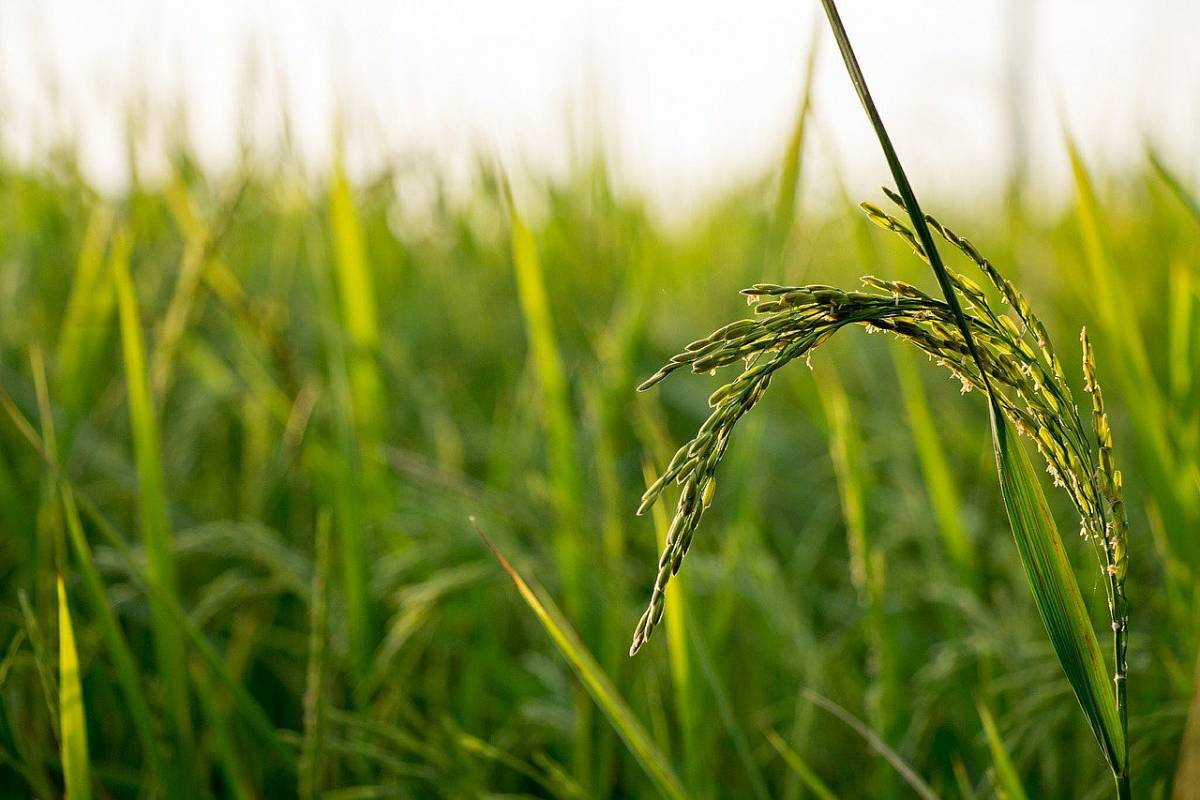Reports launched urging a future which prioritises soil health and biodiversity

Two reports have been launched today supporting a future which prioritises soil health and where land use contributes to mitigating the impacts of climate change.
One report is by the Soil Association, a charity promoting organic food, and the other by Simon Fairlie of the Land Workers’ Alliance, a group promoting sustainable methods of farming.
Both reports envision a future which prioritises soil health and biodiversity and where land use contributes to mitigating the impacts of climate change.
They also both agree on the need to maintain or increase the amount currently received by farmers through the Common Agriculture Policy (CAP).
However, they say direct payments based on land area should be scrapped and investment retargeted towards rewarding farmers not landowners.
The reports say funding should also be used to provide funding for advice, training, and farmer-led research and innovation.
20% VAT on processed meat products
Other more radical ideas from Simon Fairlie include a shift away from export markets so UK farmers can focus on meeting UK demands for food; 20% VAT on processed meat products, and ‘polluter pays’ labelling on food products which involve the use of artificial fertilizers, pesticides, herbicides and GM materials.
Meanwhile the Soil Association calls for a new national agroforestry strategy, a ban on the routine preventative use of antibiotics, and using procurement to drive demand for locally produced, especially organic, food.
Green MEP Molly Scott Cato, who holds a favourable stance on both reports said: “These two reports do something that the government seem incapable of doing – providing a wealth of exciting and innovative ideas for policy makers, farmers, food producers and rural communities.
“But ultimately what happens to farming will affect us all as it will shape the future of our economic, social, environmental and physical landscapes.”








